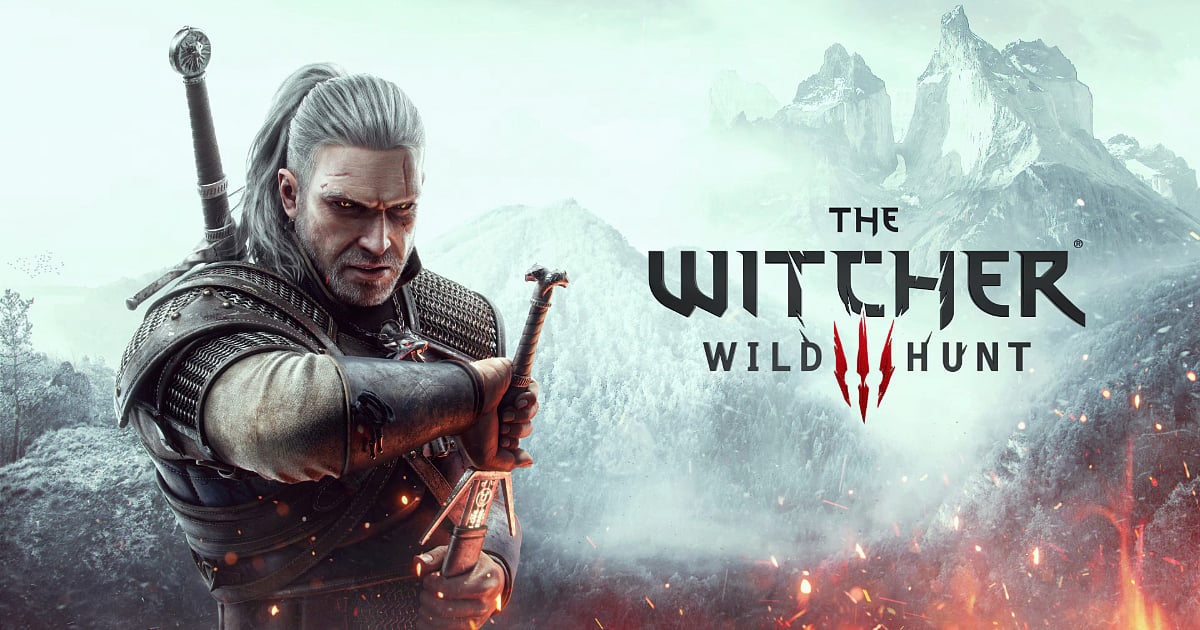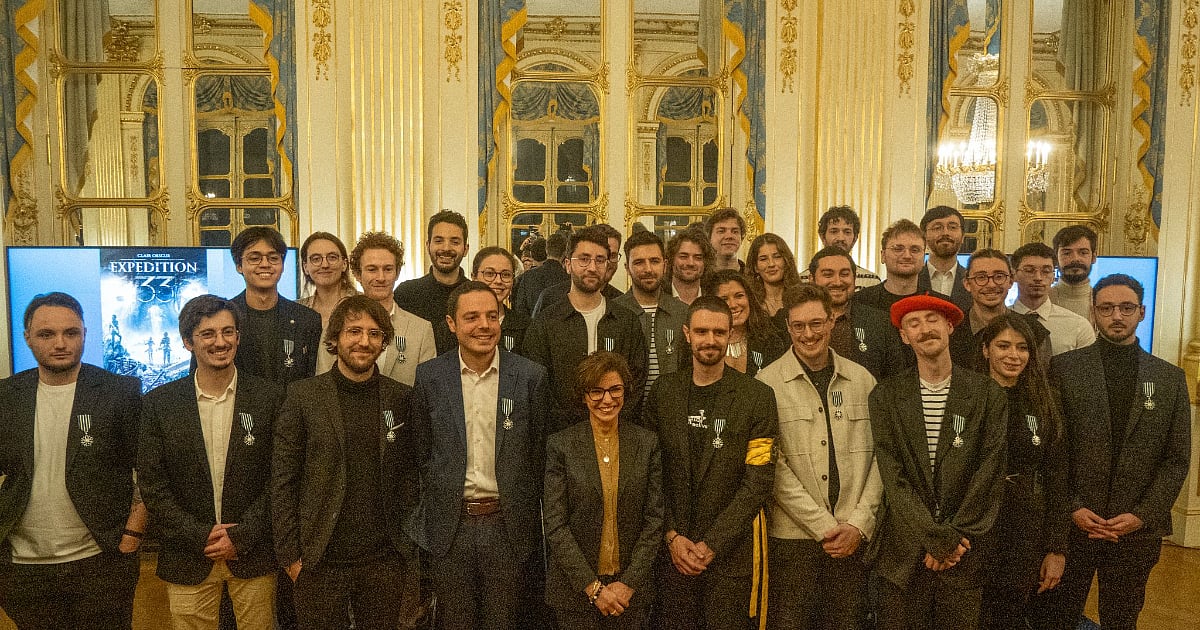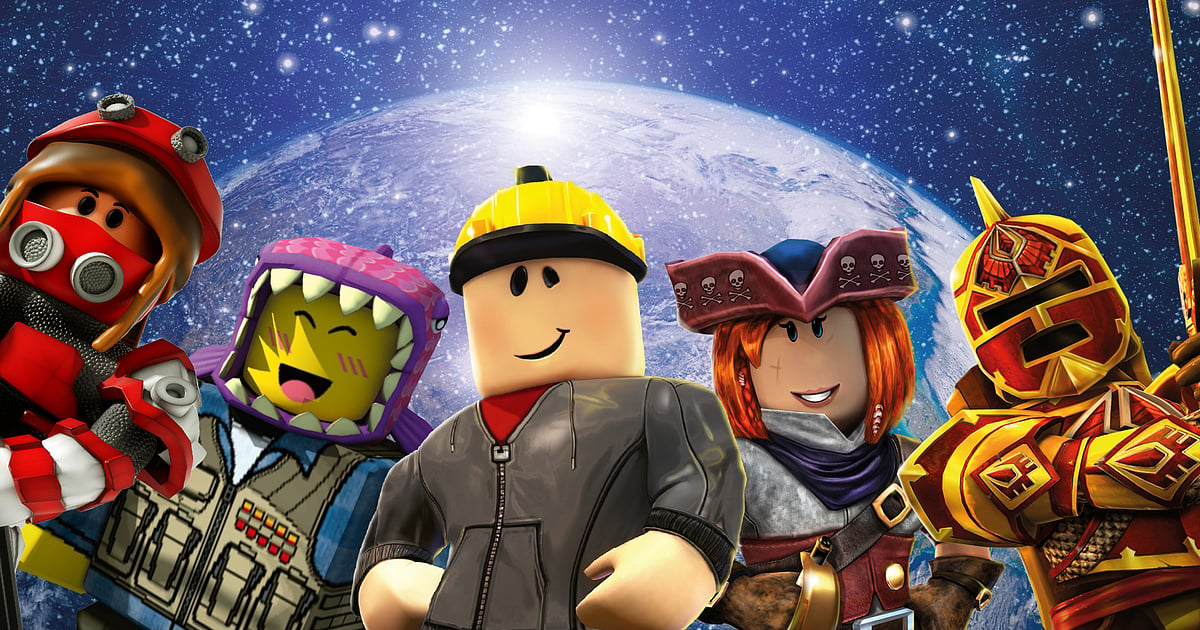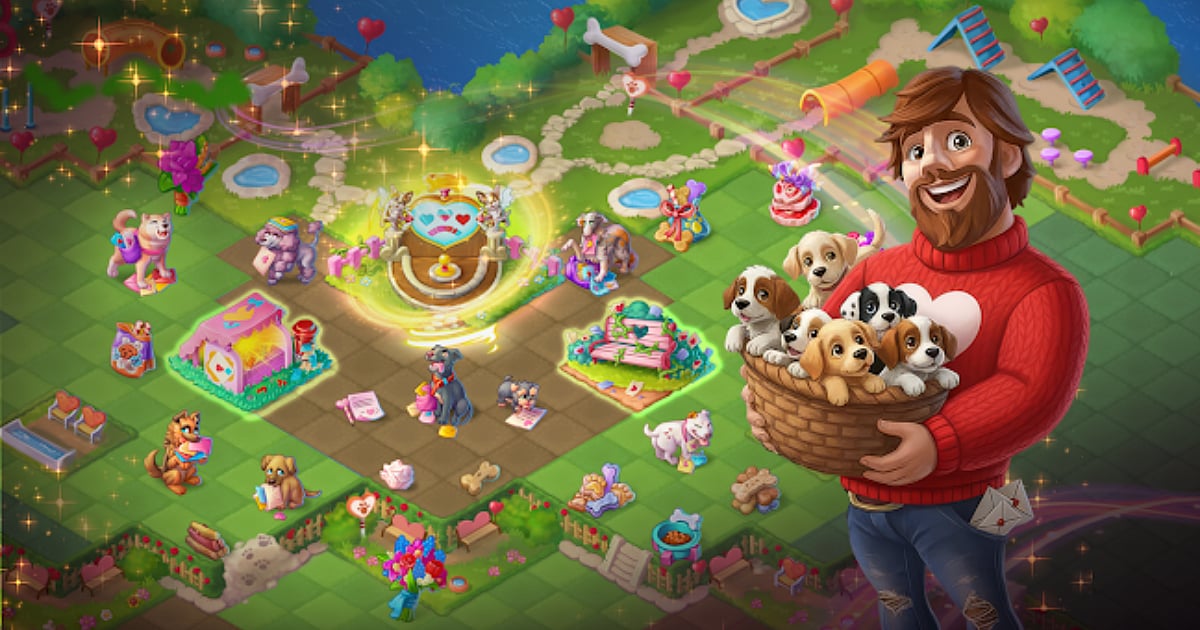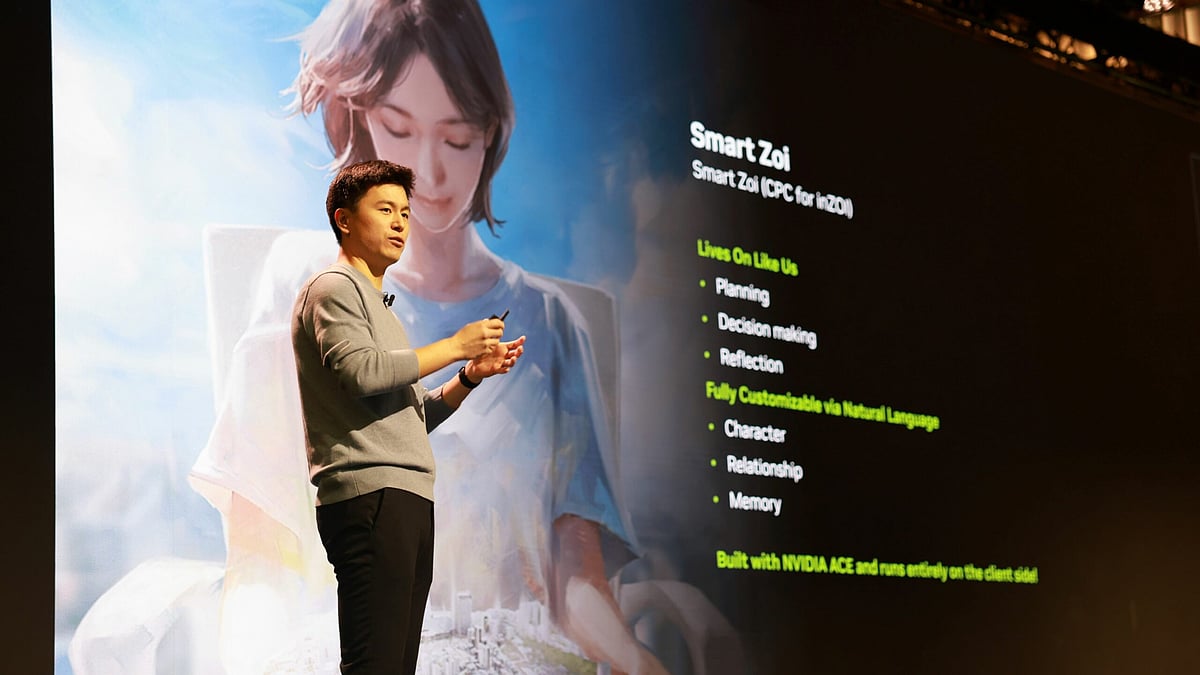
Why PUBG's Creator Krafton Bets $70M on an "AI-First" Future
BGMI's Creator Krafton Bets $70M on an "AI-First" Future
Krafton bets millions on an "AI-first" future, sparking "AI slop" fears and job-loss anxieties.
When Krafton's chief executive took the stage last week, he didn't announce a new game or an acquisition. Instead, Kim Chang-han unveiled something far more radical: his company would become "AI-first."
Not AI-assisted. Not AI-enhanced. AI-first.
For the South Korean gaming giant behind PUBG, the battle royale phenomenon that captivated 400 million players worldwide, this represents a complete reimagining of how games are made. And it comes with a price tag to match: $70 million upfront for proprietary computing infrastructure, plus $21 million annually to retrain every employee, from human resources to senior management.
The announcement, made Oct. 23 at the company's Live Talk event, sent ripples through an industry already unsettled by rapid technological change. In online forums and Discord servers, developers and players alike asked the same question: Is this visionary, or reckless?
What Does "AI-First" Actually Mean for Krafton?
At the Krafton Live Talk event, CEO Kim Chang-han laid out a vision far more ambitious than just buying new software. The company, which generates over $2 billion in annual revenue, is building what it calls "agentic AI," systems designed to operate autonomously, setting their own goals and executing complex tasks with minimal human oversight.
Think of it less as a calculator and more as a colleague.
The company's roadmap includes an "AI Learning Hub", regular "AI Roundtables", and company-wide hackathons, all designed to fundamentally reshape how its workforce thinks and operates. The target: full implementation by the second half of 2026.
The technical centrepiece is a proprietary GPU cluster, essentially a massive dedicated brain for machine learning. It's the kind of infrastructure typically reserved for tech giants, not game studios.
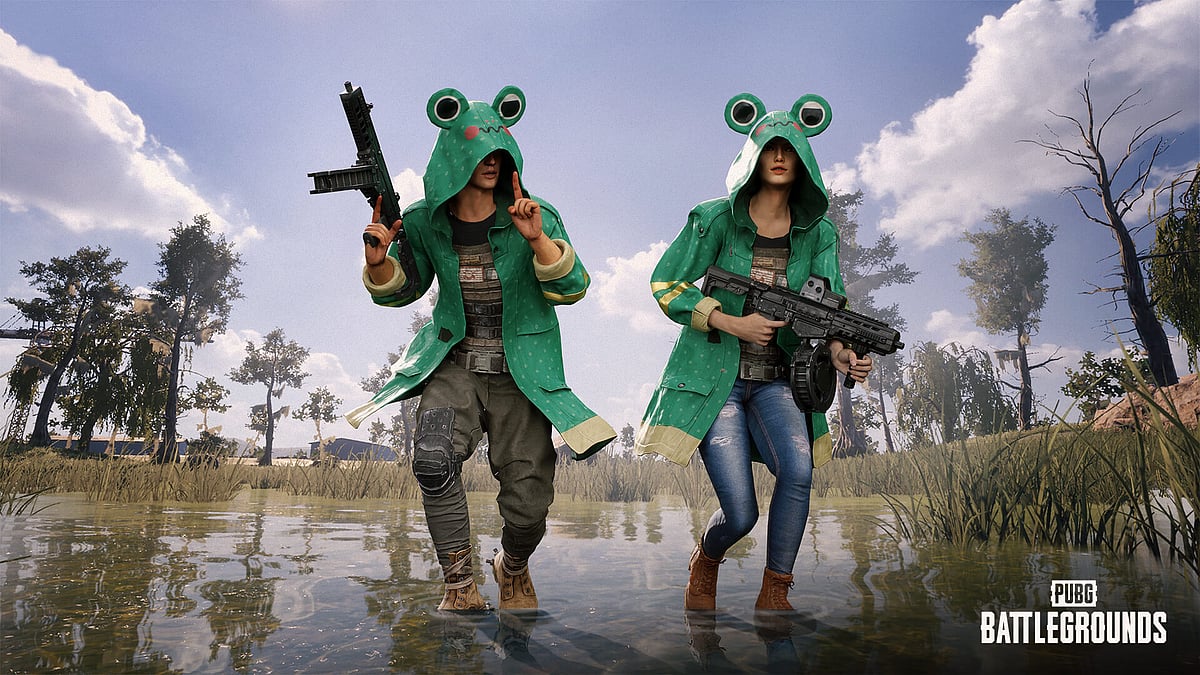
PUBG
The Promise: Living Worlds
The potential applications are, admittedly, tantalising.
Imagine a game where shopkeepers remember whether you've cheated them. Where non-player characters develop grudges, form relationships, and evolve without scripts. Where every playthrough generates genuinely different experiences because the world itself is thinking.
Krafton has already offered a glimpse of this future. At the Consumer Electronics Show in January, the company demonstrated what it calls a "Co-Playable Character," an AI teammate for PUBG that responds to voice commands, offers tactical advice, and fights alongside human players with what appears to be genuine strategic thinking.
Theoretically, there may be efficiency gains. Art processes that once consumed 16 hours could now take one. The promise is that this efficiency will free human developers from tedious work, allowing them to focus on creative vision while AI handles the grunt work.
The Reality Check: Hype, Hype, and "AI Slop"
The gaming community's response has been deeply skeptical, shaped by a growing pile of evidence that AI's promise often outpaces its reality.
Consider a recent viral video from tech investor Matt Shumer, who proclaimed that "AI games are going to be amazing" while showcasing a supposed game demo.
The gaming community just laughed at the sheet slop that was being paraded as a video game. Some described it as an "embarrassingly incoherent" and "moving kaleidoscope of AI sludge" where weapons morphed mid-scene, magazines ejected from characters' armpits, and the world lacked any logical consistency.
The core fear is that executives impressed by "movement, colors, sounds and explosions" fundamentally misunderstand what makes a game compelling.
PUBG succeeded not because of any algorithm but because human designers understood tension, pacing, risk and reward. Great games have a spark or handcrafted quirk or genuine creativity that AI, trained on existing data, simply cannot replicate.
The concern is about a flood of generic, repetitive content that is just soulless.
The Human Cost and the Desperation Factor
There's another reason for the industry's wariness: When companies announce "AI-first" strategies, layoffs often follow.
King, the studio behind Candy Crush, replaced positions with AI systems. Other companies have made similar moves. For creative professionals, Krafton's transformation carries an implicit threat, even if unintended.
This creates what some observers call the "trust paradox". How do you ask employees to enthusiastically adopt tools they view as existential threats to their livelihoods?
The timing hasn't helped. Krafton's announcement follows a period of declining profits and development struggles. The company remains heavily dependent on PUBG, a game now approaching its ninth year.
Some industry observers wonder whether the AI pivot represents genuine innovation or what critics have called "strategic posturing", a move to impress investors with whatever happens to be the latest technological buzzword. Companies made similar all-in bets on NFTs and Web3 not long ago.
The Test Case
Krafton's approach stands apart from its competitors. While Electronic Arts has pursued cautious partnerships with companies like Stability AI, and studios like Pocketpair have actively rejected AI-built games, Krafton has committed fully, building proprietary systems from the ground up.
It's a high-risk strategy that will likely produce a definitive result. Either Krafton cracks the code, creating more efficient development and pioneering new forms of gameplay, or the technology fails to deliver, leaving the company with expensive hardware, an alienated workforce and a portfolio of forgettable games.
The most likely outcome, of course, is something messier and more mundane. The AI will probably excel at tedious tasks: bug testing, asset generation, and routine optimization. But it will almost certainly struggle with what matters most, the human intuition and artistic vision required to create the next great game.
Krafton has made itself the industry's largest test case. As other companies watch and wait, trying to discern signal from hype, one thing seems certain: this experiment will provide answers, one way or another.
The entire gaming world is watching.

Author
Krishna Goswami is a content writer at Outlook India, where she delves into the vibrant worlds of pop culture, gaming, and esports. A graduate of the Indian Institute of Mass Communication (IIMC) with a PG Diploma in English Journalism, she brings a strong journalistic foundation to her work. Her prior newsroom experience equips her to deliver sharp, insightful, and engaging content on the latest trends in the digital world.
Krishna Goswami is a content writer at Outlook India, where she delves into the vibrant worlds of pop culture, gaming, and esports. A graduate of the Indian Institute of Mass Communication (IIMC) with a PG Diploma in English Journalism, she brings a strong journalistic foundation to her work. Her prior newsroom experience equips her to deliver sharp, insightful, and engaging content on the latest trends in the digital world.
Related Articles
